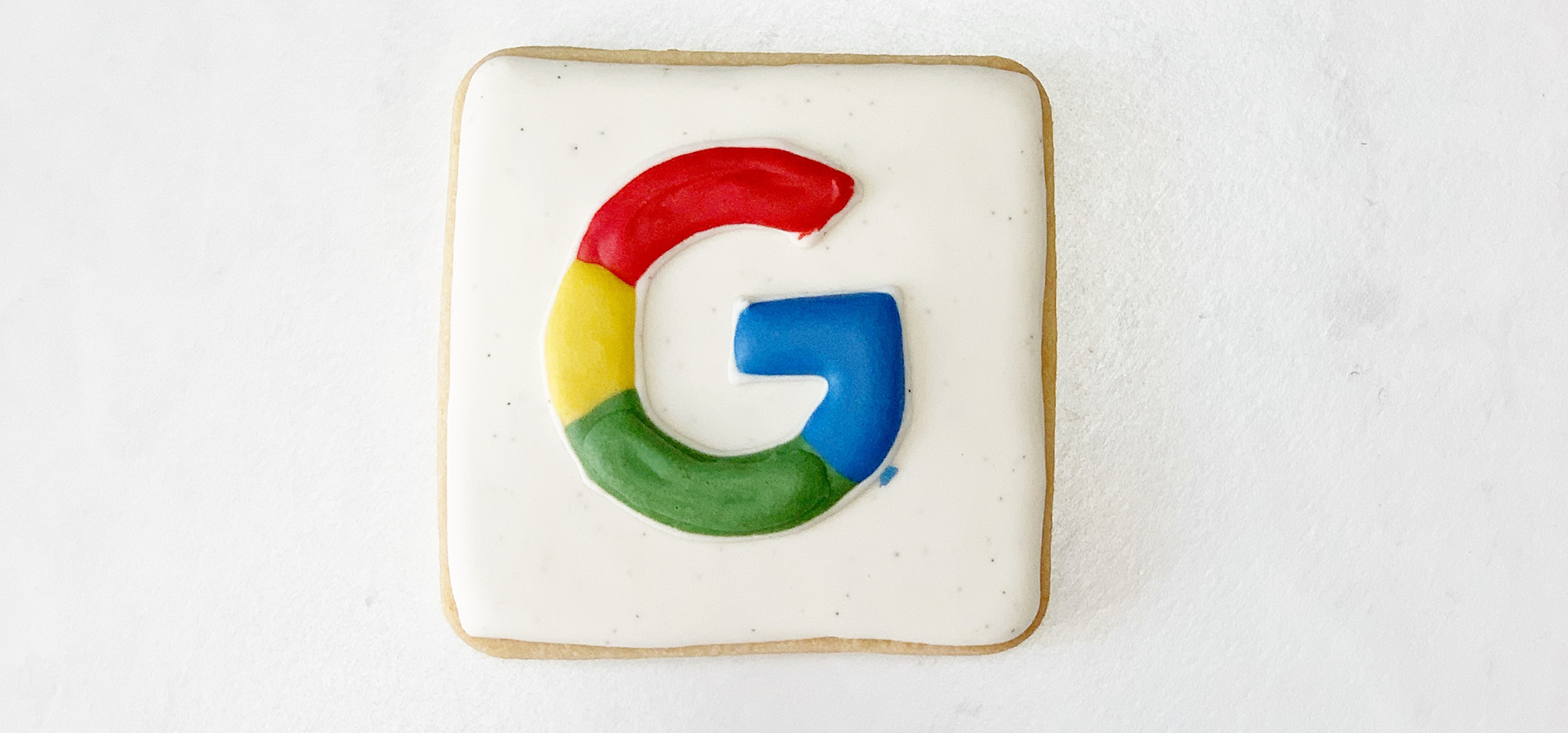The big incumbent banks have always viewed the so-called FAANG companies (Facebook, Apple, Amazon, Netflix and Alphabet's Google) with uneasy suspicion (except of course when they’re courting them for blockbuster IPOs).
Unlike many challenger banks, these tech giants have the financial firepower and distributed user base to warp the banking market in a small amount of time. And yet, these companies kept their powder dry. The idea always was that the big tech companies didn't want to get involved in a capital-intensive, hyper-regulated industry such as banking.
But as time passes, this view is increasingly invalid. Just look at the recent announcement of Google and Citigroup’s partnership. The two giants will team up to “offer smart checking accounts through Google Pay”.
What this means in practice is vague – but it’s hard not to get the gist: customers will get to use Google’s industry-standard user interface, backed by a trusted name like Citi.
Google has played it fairly diplomatically compared to Apple, however. Apple recently announced its own credit card with Goldman Sachs. The company raced out the gate with a slogan that boldly claims: “Built by Apple, not a bank”.
Despite Apple’s punchy sloganeering, though, the tactic is the same as Google’s: blend its own clout with the banking infrastructure and consumer trust of an established bank. At the same time, the hope is that the accounts will funnel new users into Apple’s existing products.
The FAANGs are boxing clever. Google knows, for instance, that users know (and enjoy) the Google ecosystem and use their apps a lot. But that popularity hasn’t quite turned into ubiquity yet. The aim is to turn these ecosystems into everyday apps that users rely on for everything – banking included.



